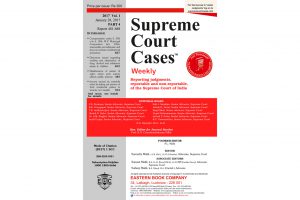Constitution of India — Pt. III and Arts. 21, 19, 14, 25, 28 and Preamble — Right to privacy: Right to privacy is a basic fundamental right. It forms an intrinsic part of Art. 21 and freedoms guaranteed in Pt. III. It permeates core of Preambular philosophy underlying “liberty” and “dignity” as also human concepts of “life” and “personal liberty” enshrined in Art. 21 and wide ranging freedoms guaranteed under Pt. III, considered essential for a meaningful human existence. It also finds recognition in various international conventions as well as in Protection of Human Rights Act, 1993. Absence of express enumeration of right to privacy is no ground for disregarding its omnipresence in Pt. III. Its three connotations viz. spatial control, decisional autonomy and informational control are significant. It has a normative as well as descriptive function and negative as well as positive content. It has intrinsic as well as instrumental value. It comprehends physical as well as mental aspects. Merely because a precise definition cannot be formulated, it cannot be termed as vague and and on that ground cannot be disregarded as a fundamental right. [K.S. Puttaswamy v. Union of India, (2017) 10 SCC 1]
2017 SCC Vol. 10 November 28, 2017 Part 1

